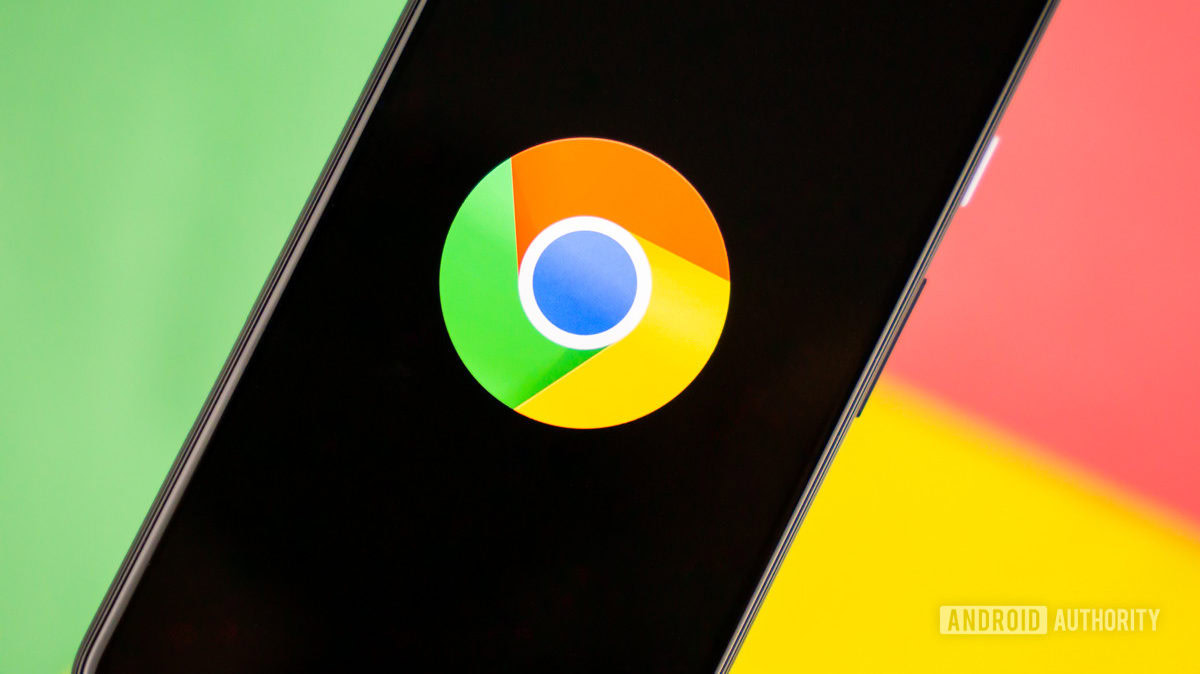Affiliate links on Android Authority may earn us a commission. Learn more.
Ad blocking in Chrome is safe again — at least for now

- Google’s plan to phase out Manifest V2 has been postponed.
- The delay is due in part to developer community outcry.
- The delay will allow ad block extensions to continue working for a bit longer.
After Google announced a collection of changes — known as Manifest V3 — coming to the Chrome extensions platform last week, there was concern that this would be the end for ad blockers. But a recent decision by Google to delay its plans may have given your favorite ad blocker some extra time.
After a fair amount of backlash from the developer community, led by developers of ad blockers, Google has decided to review its plans for the depreciation of Manifest V2 extension support. Google has now postponed its schedule to help iron out some of the kinks these developers may have when it’s time for migration.
According to 9To5Google, the tech giant says that it is “monitoring comments from the developer community,” and it’s “committed to providing developers solutions to migration challenges with new functionality, bug fixes, and adequate time for adoption.”
One of the main issues these developers have with Manifest V3 is the fact that V3 would disallow extensions from using remotely-hosted code. Instead, all code run by the extension would be required to be present on the extension’s package when uploaded to the webstore.
While this would help Google get rid of malicious extensions, it would supposedly stop ad blockers from working. For example, Tampermonkey is built around user scripts that are written by the users and added to the extension after installation. So if all code needed to be present in the extension’s package, Tampermonkey would not function.
The original plan for V2 depreciation was announced back in 2021 and this September, Google provided an update that called for Chrome Beta, Dev, and Canary builds to start testing turning off V2 extension support. By June 2023, Google expected to start testing depreciation on the stable version of Chrome. And the final step to remove all V2 support would have been on January 2024.
Now, it looks like Google is planning to provide an updated phase-out plan by March 2023 and it will reevaluate those milestones from the original plan.